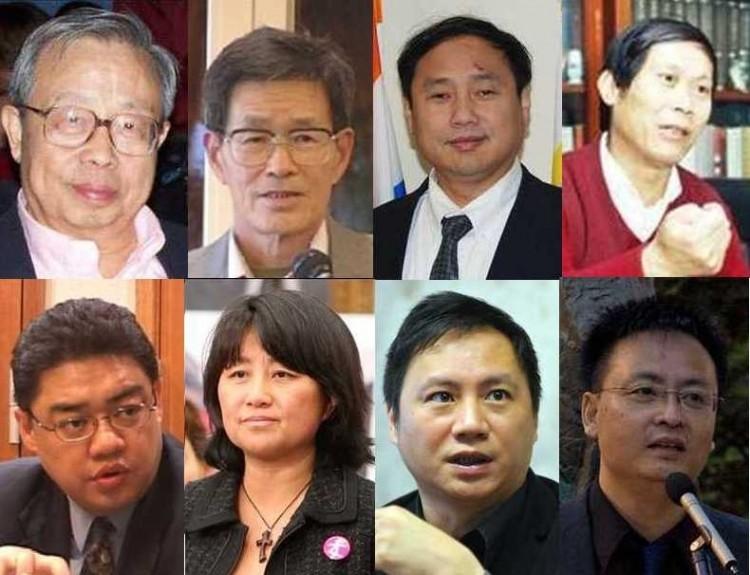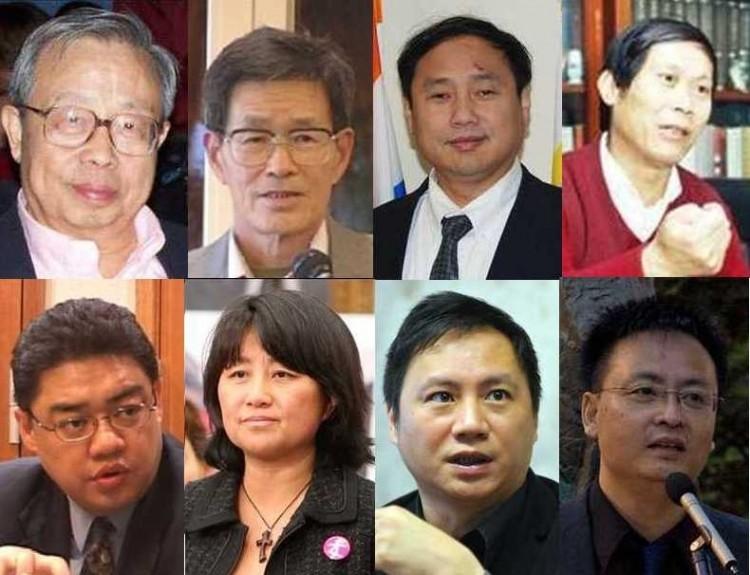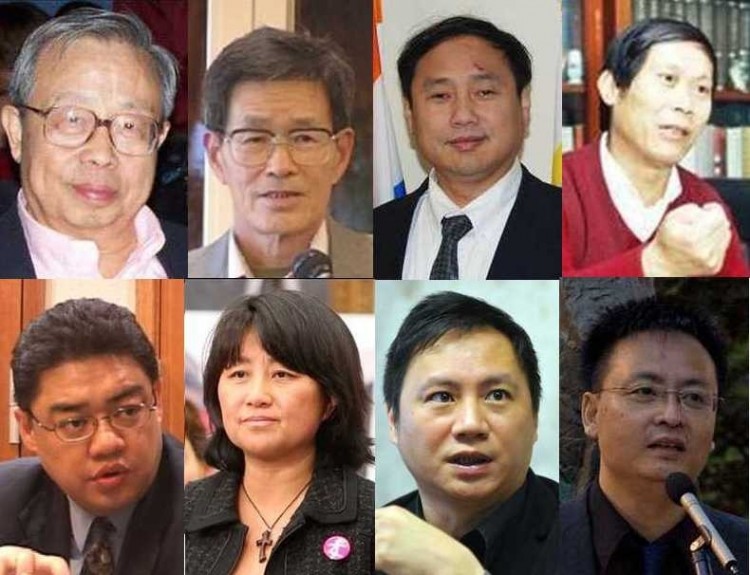Where are the ‘June 4’ Student Leaders Now?
Students and supporters who sought a freer China were forced into exile yet continue to speak out.

The main participants in the 1989 Chinese Student Movement enjoy their freedom. Upper row (L to R) Fang Lizhi, Yan Jiaqi, Wang Juntao, Bao Zunxin. Lower row (L to R) Wu'er Kaixi, Chai Ling, Wang Dan, Feng Congde. AFP/University of Arizona, AFP/Patrick Lin, Wang Juntao, Yu Meisun, The Epoch Times
|Updated:






